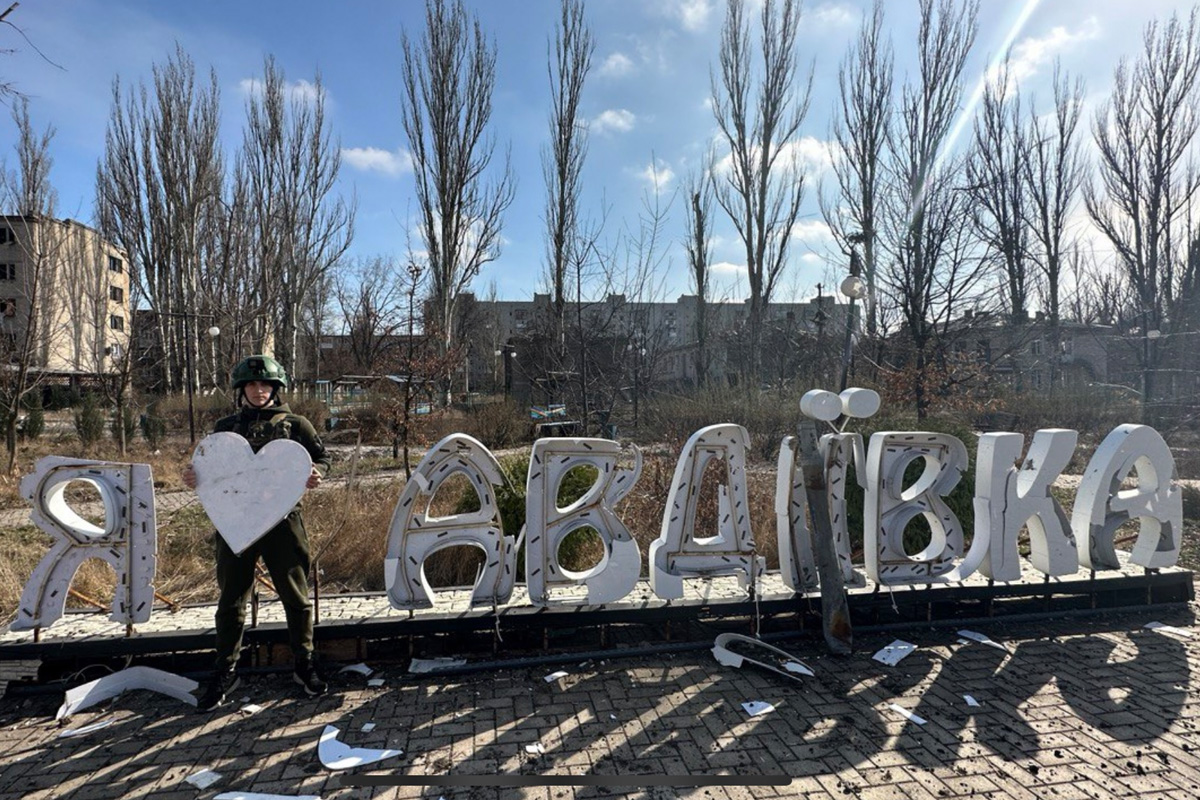Ukrainian student delivers aid, facilitates evacuations on war’s frontlines
When Russia invaded Ukraine in February 2022, 19-year-old IT student Maksym Chechykov wanted to help his country’s war effort. But he is not a trained military man.
“I was faced with a choice. The choice was either to go to war or to do something that I thought was more useful,” he said. “Going to war would have meant just dying.”
Instead, Chechykov, now 21, began volunteering to provide humanitarian aid to people who chose to continue living near the war’s frontlines and offer a way out to others who wanted to flee from the danger.
Speaking to Context from his car in Dnipro city, Chechykov explains what motivates his independent aid missions and why he targets Ukraine’s active conflict zones at great personal risk.
“I don’t go to the de-occupied territories,” he said, adding that many of those territories are already well-served by larger aid organisations. “They come there with trucks, delivering every other day … Wherever I go, I choose the most difficult place because I know that people really need help there.”
Chechykov recalls the day he began his volunteer work in the Kharkiv region
city of Vovchansk, situated just two kilometres from the Russian border city of Belgorod. The streets there were mostly desolate, he recalls, since many people were sheltering from Russia’s frequent shelling of the area.
He and several others eventually located some people in a house who wanted to escape but were frightened to leave and helped evacuate them “to a safe area,” he said.
After that, Chechykov started traveling along the entire front line, from the eastern Luhansk region to the Kherson region in the south. People online caught wind of his efforts and he started receiving messages on social media from people asking for help.
Planned missions, however, haven’t always gone smoothly and the high stakes can weigh heavy on him.
Chechykov recalls having arranged the evacuation of a family in Avdiivka in the Donetsk region who were sheltering in a basement from the frequent shelling. They had agreed on a day, but then his car broke down and he worried about their safety.
“It’s a big responsibility,” he said, adding that when he arrived the following day after repairing his car, the five-story building they lived in had been “completely burned down” following an air raid. “One of their entrances remained intact, and they remained safe,” he said. Ultimately, it was a successful mission.
Even today, two years after Moscow’s forces invaded, many Ukrainian citizens continue living in frontline cities where shelling is a regular occurrence, but they still prefer to be at home. Many of them, especially the elderly, have lived in there for decades and struggle to envisage a life elsewhere.
“They understand that we have lived here all our lives, and going into uncertainty (fills them with) complete fear,” Chechykov said, adding that many of them are holding out for Ukraine to win the war.
Families with children who don’t want to leave the active warzones, Chechykov points out, can forcibly have their children taken away from them by the Ukrainian authorities who want to ensure their safety.
“One family was hiding their child so that they wouldn’t be taken away. And the police were looking in all the basements – and they found (their) child,” he recalls. “There are no children now, at least (not) in Avdiivka.”
In March last year, Ukraine’s Cabinet of Ministers adopted a mechanism for the forced evacuation of children from active combat zones, even if a child is with a parent or guardian.
“It is the duty of the state to protect the life and health of children,” said Iryna Vereshchuk, the Vice Prime Minister of Ukraine. “The decision taken today should encourage parents to take a more balanced approach to the issue of evacuating their children. If adults are not able to take care of the child’s safety, the state should do so.”
„We should also keep in mind Article 166 of the Criminal Code, according to which parents can be held criminally liable for deliberately exposing a child to physical danger,” she added.
People who remain in frontline areas such as Bakhmut, Avdiivka, and Vuhledar, live mostly in the basements of non-residential buildings. For example, in the city of Vuhledar in eastern Ukraine, a huge majority of residential tower blocks are completely destroyed.
“The worst part is that people were buried in the building and are still lying there under the rubble,” Chechykov said. “No utility workers go there, they will dismantle (the remains of the buildings) only after it is completely safe.”
He added that in Avdiivka, where he still carries out aid and rescue missions in his spare time, people are living in the basement of a supermarket – 10 beds in a space of just 10-15 square meters.
“This is not living, this is survival,” Chechykov said. “They gathered what they needed to live and brought it all down to the basement.”
As the war continues to grind on and with few signs of an end to it, Chechykov vows to continue volunteering in the perilous areas where his fellow countrypeople still live. “Rocket attacks or artillery are no longer as frightening as they used to be,” he said, adding that it helps to try to be “indifferent when people ask for help.”
He recalls helping a family to flee from an active warzone to an area he described as a “carefree” city on their way out, a location at the time that was safe from artillery fire.
“We stopped at a gas station, it was priceless (to witness their) emotions when they took coffee and food and realized that this is normal – (that) this is how it should be.”


